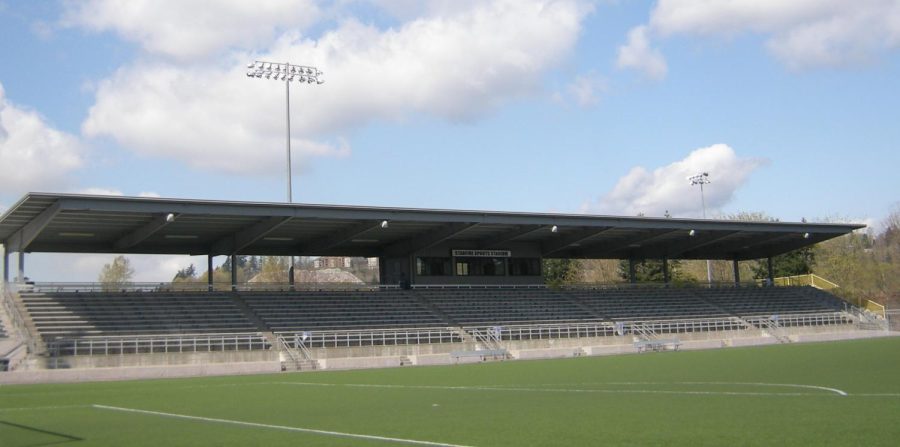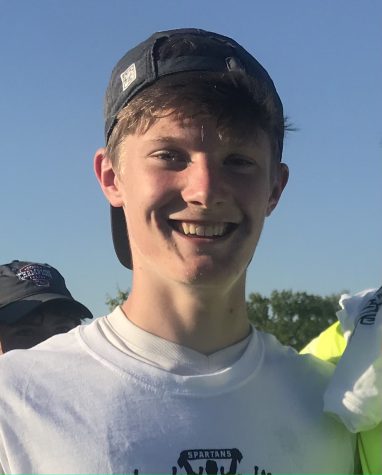There is no doubt that the development of the TBK sports complex in addition to other athletic complexes around the Quad Cities, has brought better organizations and teams for athletes to play for. However, to truly get recognized, many of the Quad Cities’ best athletes still must play elsewhere.
Better teams continue to develop and attract attention around the Quad Cities including the baseball team The Sticks, the basketball team The Shockers and Sporting Iowa East for soccer players. These teams are home to hundreds of athletes around the Quad Cities, but how much are they worth?
Although there are many benefits to playing for these teams such as accessibility to top training facilities, tournament opportunities and being local, there are several significant disadvantages. First of all, these teams are still too new to attract any real recognition from colleges looking to recruit unless it’s at a local tournament. Secondly, it costs hundreds of dollars for an essentially average program.
Recognition is a key part of why athletes play club sports. Senior soccer player Jack Streepy has traveled to Chicago to play for a sister club of MLS team Chicago Fire for several years, “Playing in Chicago has been widely beneficial for my college recruitment. Because we play in such high caliber tournaments, many college coaches are there watching us play and finding talent for their teams.” Streepy is going to play at the University of Illinois Chicago next year.
Another reason for athletes to play elsewhere is better competition. Higher levels of competition offer athletes different challenges to overcome, which in return, further develop their skills and abilities. “Being on a highly competitive team had countless benefits for me,” said senior volleyball star and Gatorade player of the year Kora Ruff, “First of all it provided me with the best training possible, and second the consistent competition in games presented all kinds of opportunities for me to put my practice to play and grow as a player.” There’s no doubt after winning a state championship this fall, the competition paid in dividends for Ruff.
Whether for better competition or more recruitment opportunities, the top athletes of the Quad Cities continue to choose to play for other clubs in bigger cities such as Iowa City or Des Moines. Despite the continuous development of local sports complexes, nothing will be able to compete with the level of exposure athletes will have in larger cities.









